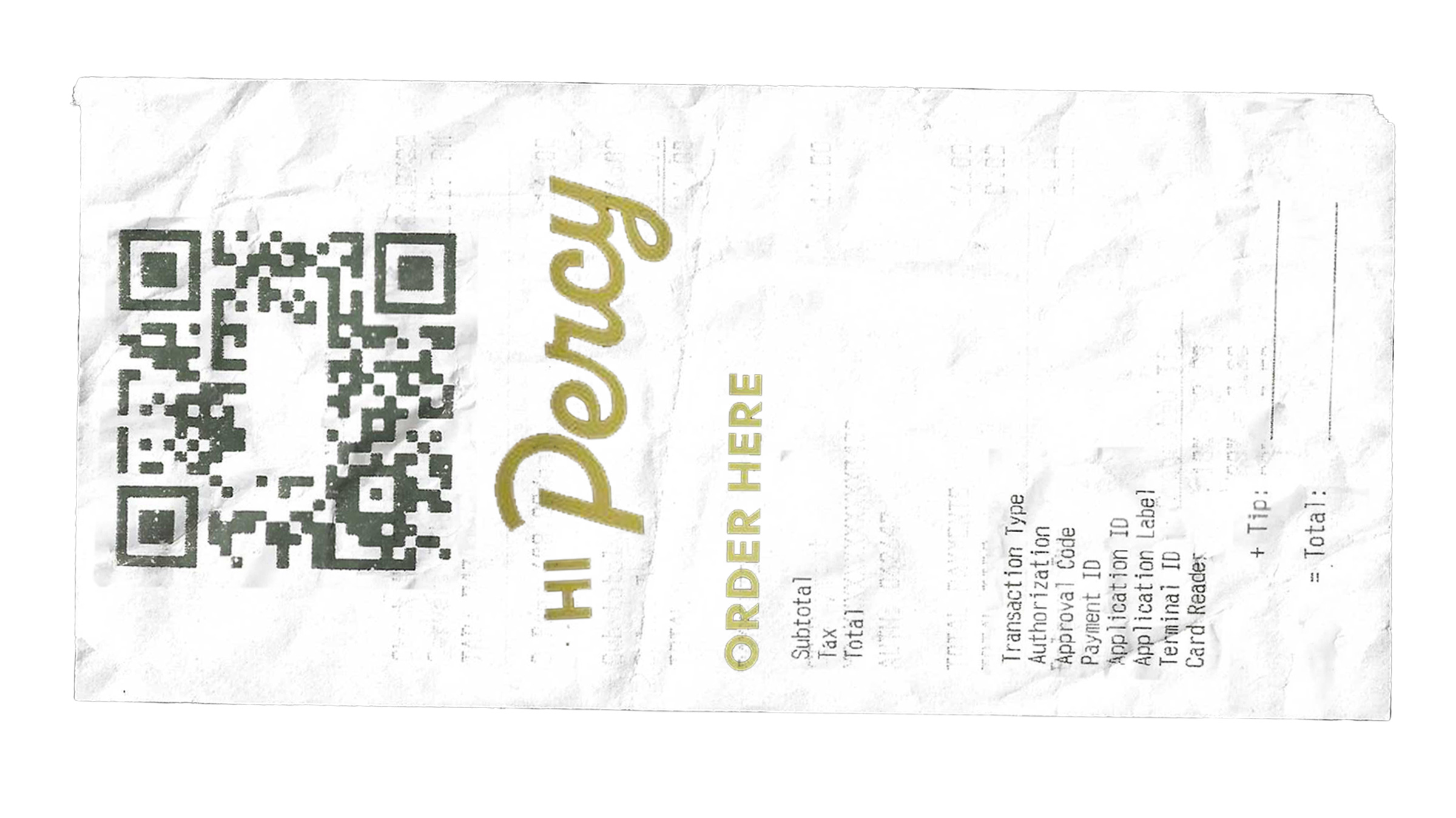Public debate around a Canadian franchise’s experiment raises questions about automation, labor laws, and the ignorance of the Western consumer
Percy, the “virtual cashier” being tested by the Canadian fast food franchise Freshii, has been attracting attention. It’s not a touchscreen kiosk—it’s a real person, physically located at a call center in Nicaragua, taking your order via webcam. These remote workers are paid as little as $3.75 an hour; Freshii’s in-person servers make at least $12 an hour.
Outsourcing minimum wage jobs to countries with lower standards of living is nothing new. The exploitation of workers from these countries is inevitably ingrained in the daily life of the western consumer. But when that consumer is forced to acknowledge this reality by coming face-to-face with an outsourced worker, the situation becomes news-worthy. People have been calling it dystopian. Even though “dystopia” has become a buzzword used to describe anything related to the negative societal effects of technology, Percy is painfully sci-fi-esque. The label fits.
Most take issue that a company is circumventing national labor laws—and legally—in order to increase profit margins, but some say Freshii is giving people in developing countries jobs that pay above the domestic minimum wage, although only slightly. Here’s Freshii’s argument, taken from a company-issued statement:
“Unlike a kiosk or a pre-ordering app, which removes human jobs entirely, Percy allows for the face-to-face customer experience that restaurant owners and operators want to provide their guests, by mobilizing a global and eager workforce.”
While restaurant owners might actually want to give their guests the “face-to-face customer experience,” they aren’t willing to pay $12 an hour for it. And does a single guest actually enjoy their facetime with Percy? What’s more dissociating, a webcam cashier or a touchscreen kiosk?
The move to automate jobs has been accelerated by the pandemic. While it’s often shown that automation eventually creates more jobs than it destroys, it eliminates low-skill jobs, disproportionately affecting young and low-income workers. Although Freshii has chosen to outsource rather than automate, the domestic effects are similar. Percy is just the latest example of a largely invisible system briefly showing itself. As companies continue to address inefficiencies, this system will likely become harder to perceive, not easier.







